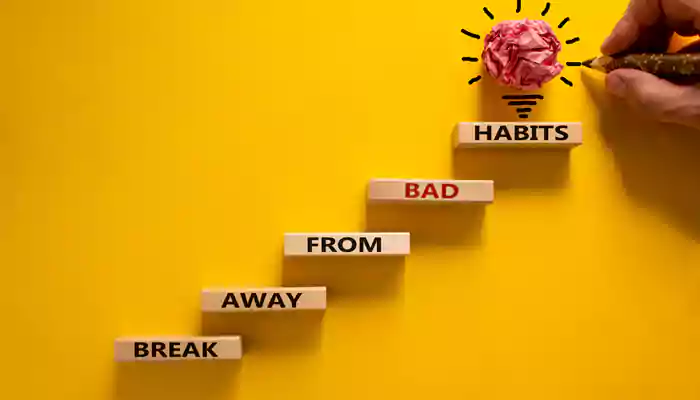The Power Of Positive Habits: Building A Productive And Fulfilling Routine
Explore the transformative power of positive habits in shaping a productive and fulfilling daily routine for personal growth and success.
- Rinks
- 20 November, 2023
- 2 mins ago

The Power Of Positive Habits: Building A Productive And Fulfilling Routine
Explore the transformative power of positive habits in shaping a productive and fulfilling daily routine for personal growth and success.
Habits are automatic, ingrained behaviors that we perform consistently without conscious thought. These behaviors are driven by neurological patterns and often occur as a response to a specific cue or trigger. Habits can be beneficial or detrimental, depending on their nature. Positive habits contribute to personal growth, productivity, and overall well-being, while negative habits hinder progress and can lead to stagnation.
The Habit Loop

Charles Duhigg, in his book "The Power of Habit," identifies a habit loop consisting of three components: cue, routine, and reward. Understanding this loop is essential for building and changing habits. The cue is the trigger that initiates the habit. It can be a specific time of day, an emotional state, a location, or any other factor that prompts the habit. For example, feeling stressed (cue) might trigger the habit of reaching for unhealthy snacks (routine) to find relief (reward). The routine is the actual behavior or action associated with the habit. In the previous example, reaching for snacks is the routine. The reward is the positive outcome or benefit that reinforces the habit. In the case of the snack habit, the reward is the temporary relief from stress. To build a positive habit or change a negative one, it's essential to recognize the cue, replace or modify the routine, and maintain a meaningful reward.
The Power of Positive Habits

Positive habits have a transformative impact on our lives. They foster consistency and discipline. By performing a particular action routinely, we develop self-control and the ability to stay on track. Habits help streamline daily activities. For example, a habit of organizing tasks each morning can significantly improve time management and efficiency. Positive habits related to exercise, nutrition, and sleep contribute to overall health and well-being. Regular physical activity, a balanced diet, and adequate sleep are all examples of beneficial habits. Habits can also have a profound impact on emotional health. Meditation, mindfulness, and gratitude practices are habits that promote a positive mindset and emotional resilience. Habits that involve continuous learning, goal-setting, and self-improvement contribute to personal growth and development. Reading, journaling, and seeking new experiences are examples of such habits.
Building Positive Habits
Building positive habits requires commitment, patience, and a systematic approach. Start by identifying what you want to achieve. Whether it's improved health, enhanced productivity, or greater happiness, clearly define your goals. Divide your goal into smaller, manageable steps. This makes it less overwhelming and more achievable. Focus on one habit at a time. Trying to establish multiple habits simultaneously can be overwhelming and counterproductive. Identify a cue that will initiate the habit. This could be a specific time of day, a location, an existing routine, or an emotional state. Decide on the action or behavior you want to turn into a habit. Ensure it aligns with your goal and is achievable. Determine a meaningful reward that you'll receive after completing the routine. Rewards provide motivation and reinforce the habit loop.
The power of positive habits is undeniable. By understanding the habit loop and the impact of consistent, positive behaviors, you can transform your life and work toward your goals. Whether you're aiming to improve your health, productivity, or overall well-being, building productive and fulfilling routines is the key to personal growth and success. Start small, stay consistent, and celebrate your achievements along the way to make these positive habits an integral part of your life.










